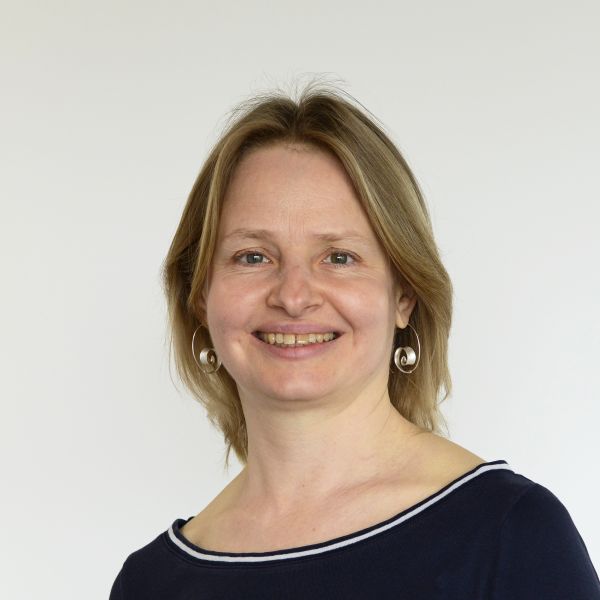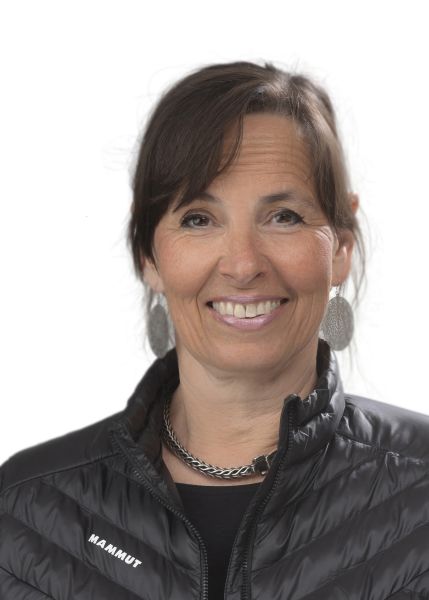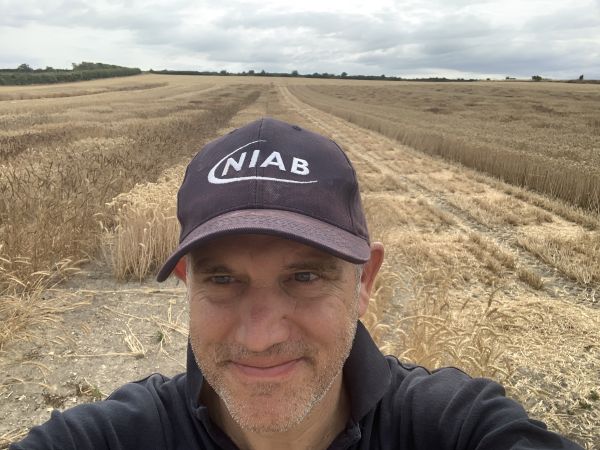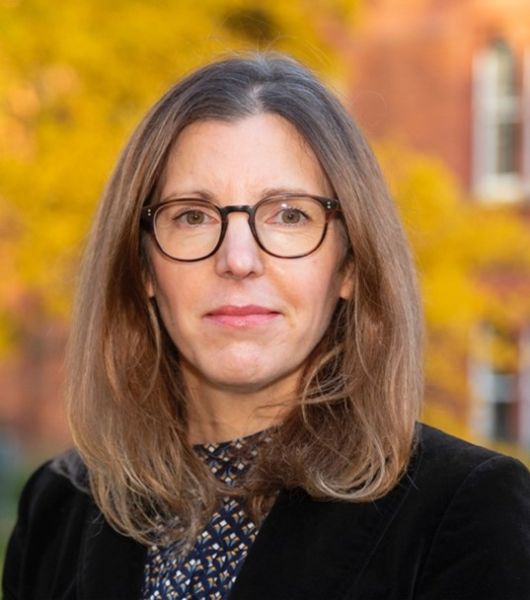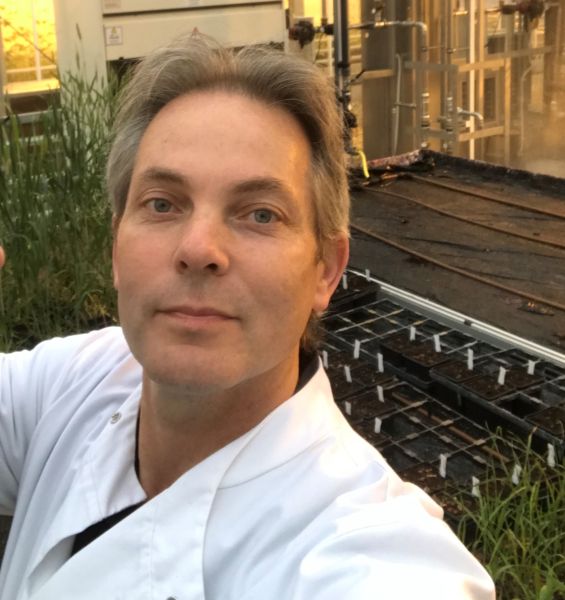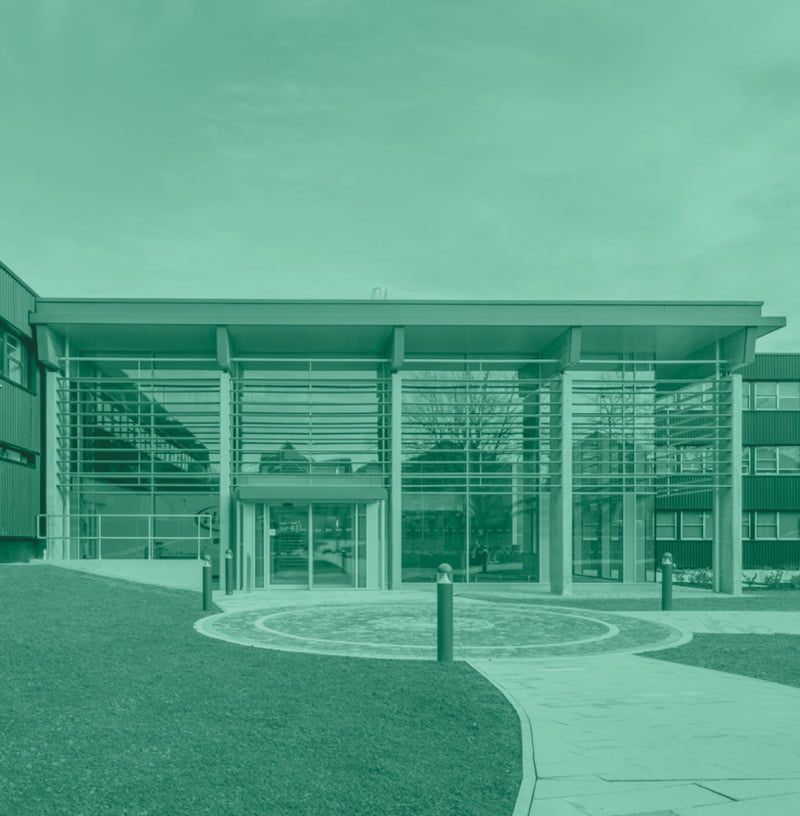Sustainable crop nutrition
The availability of sources of nitrogen and phosphorus are major limitations to crop productivity. This is primarily addressed through the application of inorganic fertilisers to augment these limiting nutrients.
However, the use of such fertilisers is the greatest cause of pollution from agriculture in high and middle-income countries, while access to inorganic fertilisers is restricted for farmers in low-income countries, who suffer resultant losses to their potential yield.
In natural ecosystems many species of plants acquire nitrogen and phosphorus through associations with beneficial fungi and bacteria, but the use of these beneficial microbial associations is currently very limited in agriculture.
Through a detailed understanding of how plants associate with beneficial microorganisms, we aim to broaden their use in agriculture to facilitate sustainable productivity and to ensure such benefits are accessible to the world’s poorest farmers.
Research areas
Engineering nitrogen fixation
Nitrogen-fixing bacteria associate with legumes in specialised organs, nodules, that create an environment to maximises the activity of nitrogenase, the enzyme responsible for nitrogen fixation.
Through genetic dissection in the model legume Medicago truncatula, we provide a detailed understanding of how legumes associate with nitrogen-fixing bacteria and are using this foundational knowledge to engineer crops, particularly cereals, to associate with these beneficial bacteria.
Nitrogen-fixing cereals have much potential to deliver sustainable and secure food production systems, with potential for significant yield improvements to the poorest farmers of the world.
Enhancing nutrient capture
Plants associate with an array of microorganisms that facilitate nutrient capture from the environment, providing sources of phosphate, nitrate, water and some micronutrients to their host plants.
Despite their widespread use in natural ecosystems, the application of beneficial microbial associations in agriculture is limited.
Through understanding the processes that drive their establishment, we are developing crop lines that make more effective use of beneficial microbial associations, providing sustainable ways to deliver nutrients to crops.
About the group leader
Giles Oldroyd completed his PhD in 1998 at the University of California, Berkeley, studying plant-pathogen interactions and then moved to Stanford University, USA, to work on nitrogen fixation in the laboratory of Prof. Sharon Long.
After working 15 years as a group leader at the John Innes Centre in the UK, he moved to the University of Cambridge in 2017 and in 2019 was elected the Russell R Geiger Professor of Crop Sciences. In this role he directs the Crop Science Centre.
In 2020 he was elected a Fellow of the Royal Society and a member of EMBO and in 2021 he was elected foreign member of the National Academy of Sciences, USA. He heads an international programme funded in part by Bill and Melinda Gates Agricultural Innovations to engineer nitrogen-fixing cereals.
Led by

Giles Oldroyd
Crop Science Centre Director (on leave) and Russell R Geiger Professor of Crop Science
Research group staff

Edwin Jarratt Barnham
Post-doctoral research associate

Lauren Eddie
PhD student

Evan Ellison
Postdoctoral research associate

Jinpeng Gao
Postdoctoral research associate

Min-Yao Jhu
Postdoctoral research associate

Medhavi Kakkar
PhD student
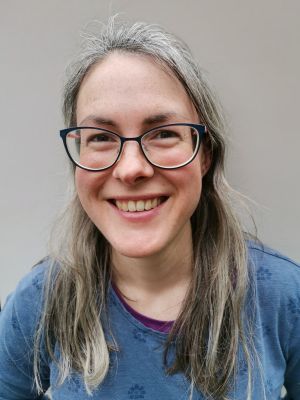
Rachel Knox
Research Laboratory Technician

Chen Liu
Research laboratory technician

Chun Liu
Postdoctoral research associate

Thiago Alexandre Moraes
Postdoctoral research associate

Jongho Sun
Senior technical officer

Tom Thirkell
Postdoctoral research associate

Aleksandr Tiapkin
Research Laboratory Technician

Titis Wardhani
Postdoctoral Research Associate

